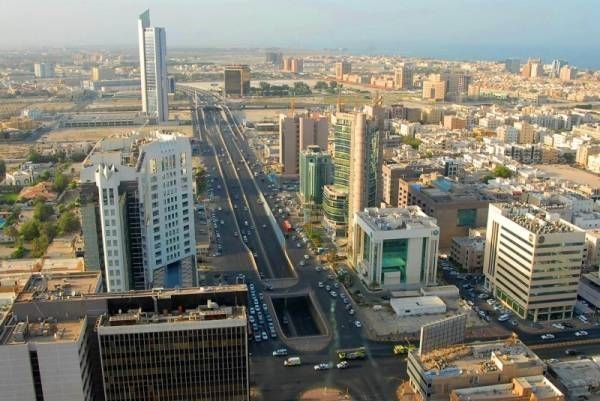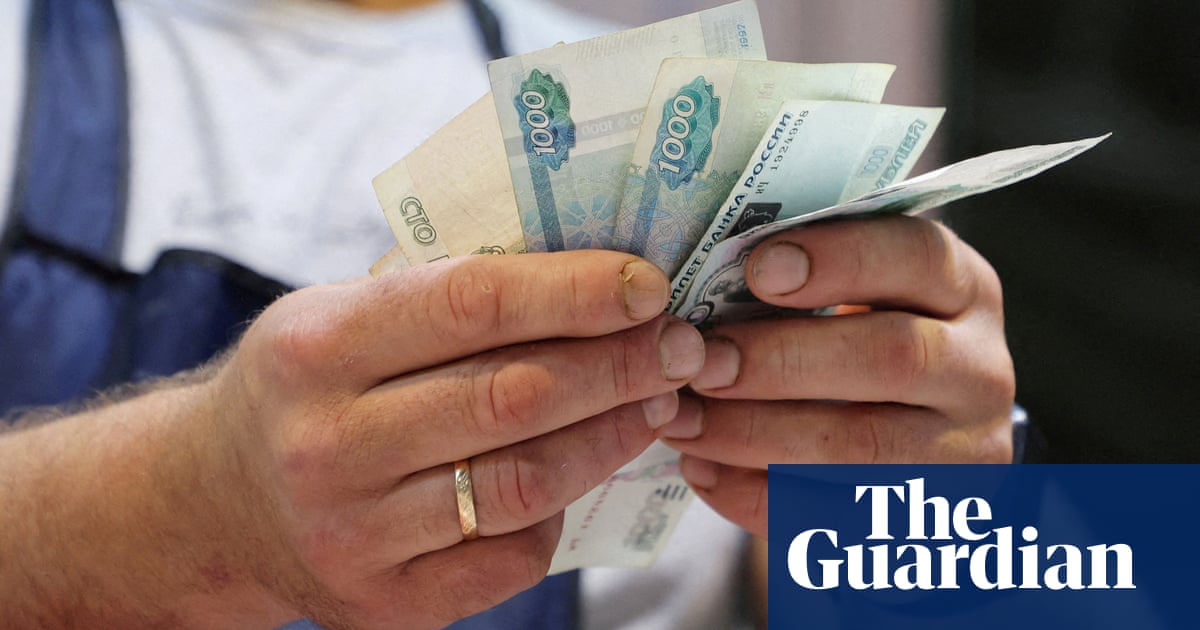
ISLAMABAD, Nov 19 (Reuters) - Pakistan"s central bank on Friday raised its benchmark interest rate by 150 basis points to 8.75% as it grapples with surging inflation and uncertainty over the country"s stalled IMF funding facility.
Many analysts had been expecting the bank"s monetary policy committee (MPC) to lift rates, but the size of the hike was beyond most expectations.
"The MPC was of the view that there is now a need to proceed faster to normalize monetary policy to counter inflationary pressures and preserve stability with growth," the State Bank of Pakistan (SBP) said in a statement.
The bank has been facing a falling Pakistani rupee, high inflation and a current account deficit. Investors have become nervous over the outcome of talks between the government and the International Monetary Fund, which has delayed release of the next $1 billion tranche of a $6 billion loan facility.
The SBP noted that the momentum of inflation had picked up "considerably", with headline inflation reaching 9.2% in October, up from 8.4% two months earlier.
High inflation is hitting the country"s sizeable poor and middle classes, as prices for essentials such as food and fuel climb ahead of the cooler winter months.
DECISION BROUGHT FORWARD
The bank had flagged on Wednesday that "recent unforeseen developments" affecting the outlook for inflation and balance of payments, as well as uncertainty, had prompted it to call its policy meeting a week earlier than scheduled.
"Looking ahead, the MPC re-iterated that the end goal of mildly positive real interest rates remains unchanged and, given today"s move, expects to take measured steps to that end," the bank said.
The bank also announced on Friday that it would increase the number of monetary policy decisions each year to eight from six, with the next set to take place on Dec. 14.
Last week, the central bank announced it was lifting the cash reserve requirement for banks by 1 percentage point, the first such move in more than a decade, in another effort to deal with accelerating inflation.
Adding to the economic uncertainty in Pakistan, the country"s IMF funding facility was suspended in April.
The latest round of talks between the Pakistani government and IMF to restart the programme took place in Washington last month, with the finance minister saying agreement had largely been reached but it was unclear when it would be finalised.
The Pakistani rupee has come under pressure, in part due to the uncertainty over the outcome of those talks, and fell to a record low of around 173.20 against the U.S. dollar last week. The bank noted that the rupee had depreciated by 3.4% since its last meeting in September.
Reporting by Charlotte Greenfield; Editing by Simon Cameron-Moore, Steve Orlofsky and Alex Richardson












